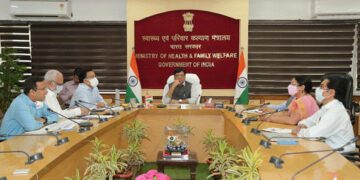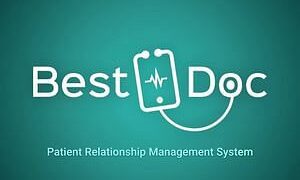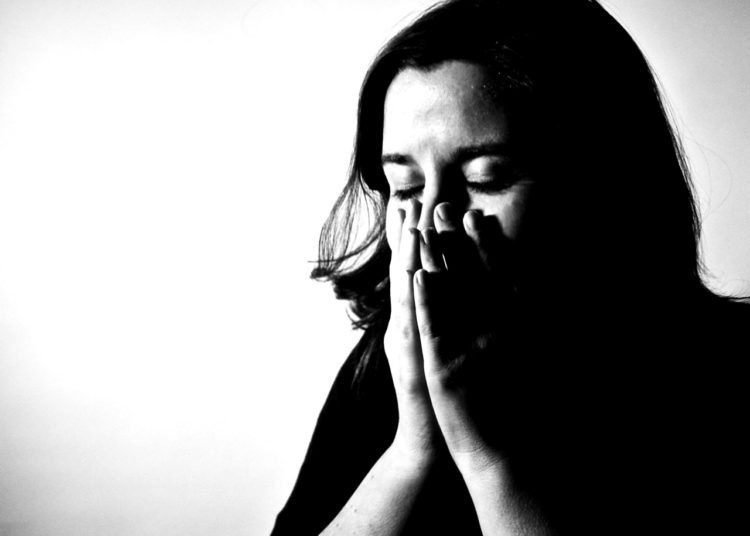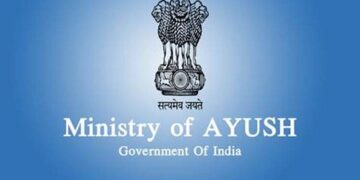By Health In Five Writer
India’s Social Justice and Empowerment minister Thawarchand Gehlot launched a 24-hour daily toll-free mental health rehabilitation helpline ‘KIRAN’ (1800-599-0019) on Monday (September 7).
The helpline, which was developed by the Department of Empowerment of Persons with Disabilities (DEPwD), aims to provide the first line of counselling in response to the increasing mental health issues among people due to the Covid-19 pandemic.
The service will provide mental health rehabilitation services such as early screening, first-aid, psychological support, distress management, promoting positive behaviour and mental well-being, and psychological crisis management.
In addition to this, it will have first stage counselling, advice and also refer patients with severe illnesses to counsellors, with a special focus on persons with disabilities.
Stressing on the need for mental health treatment, Probodh Seth, joint secretary at DEPwD, told The Print, “With the ongoing pandemic we are witnessing a rise in mental health problems. Our observations suggest that there is an acute shortage of mental health professionals in the country and to overcome this problem we are launching KIRAN as a dedicated helpline providing rehabilitation services for patients with mental illness.”
Probodh Seth added that the helpline was launched with the hope that people are encouraged to reach out for help.
“Due to the stigma around it, mental health patients do not feel comfortable seeking help. Keeping this in mind the identities of people calling the helpline will be kept anonymous,” said Probodh Seth.
The helpline KIRAN was launched in collaboration with state-run telecom firm Bharat Sanchar Nigam Limited (BSNL) that provided the department with telecom infrastructure. The helpline will be available in 13 languages including Tamil, Hindi, English, Gujarati, Urdu, Assamese, Kannada and Malayalam.
It will be operated by 75 mental health professionals from 25 helpline centres, who will act as the first line of support. Of these, eight are national institutes, 14 are composite regional mental health centres and three are regional centres.
Some of the national institutes include branches of the National Institute for the Empowerment of Persons with Intellectual Disabilities (NIEPID) situated in Delhi, Chennai, Dehradun, Mumbai and Sehore (Madhya Pradesh).
The DEPwD has also roped in 660 clinical psychologists and 668 psychiatrists who will act as the second level of support for patients who are severely ill or require drug prescriptions.
The department has also promised a third level of support where regular follow-up calls will be made to patients with severe mental illnesses. Due to the Covid-19 pandemic, India is witnessing a huge mental health crisis.
Counsellors and psychiatrists have noted that anxiety-related mental health problems, such as obsessive-compulsive (OCD) and panic disorders, have witnessed a 20-25 per cent rise since the pandemic began. Furthermore, according to a study by the Indian Council of Medical Research (ICMR) — India’s apex medical body — published in the journal Lancet Psychiatry in December 2019, one in seven Indians suffer from mental health problems.






































